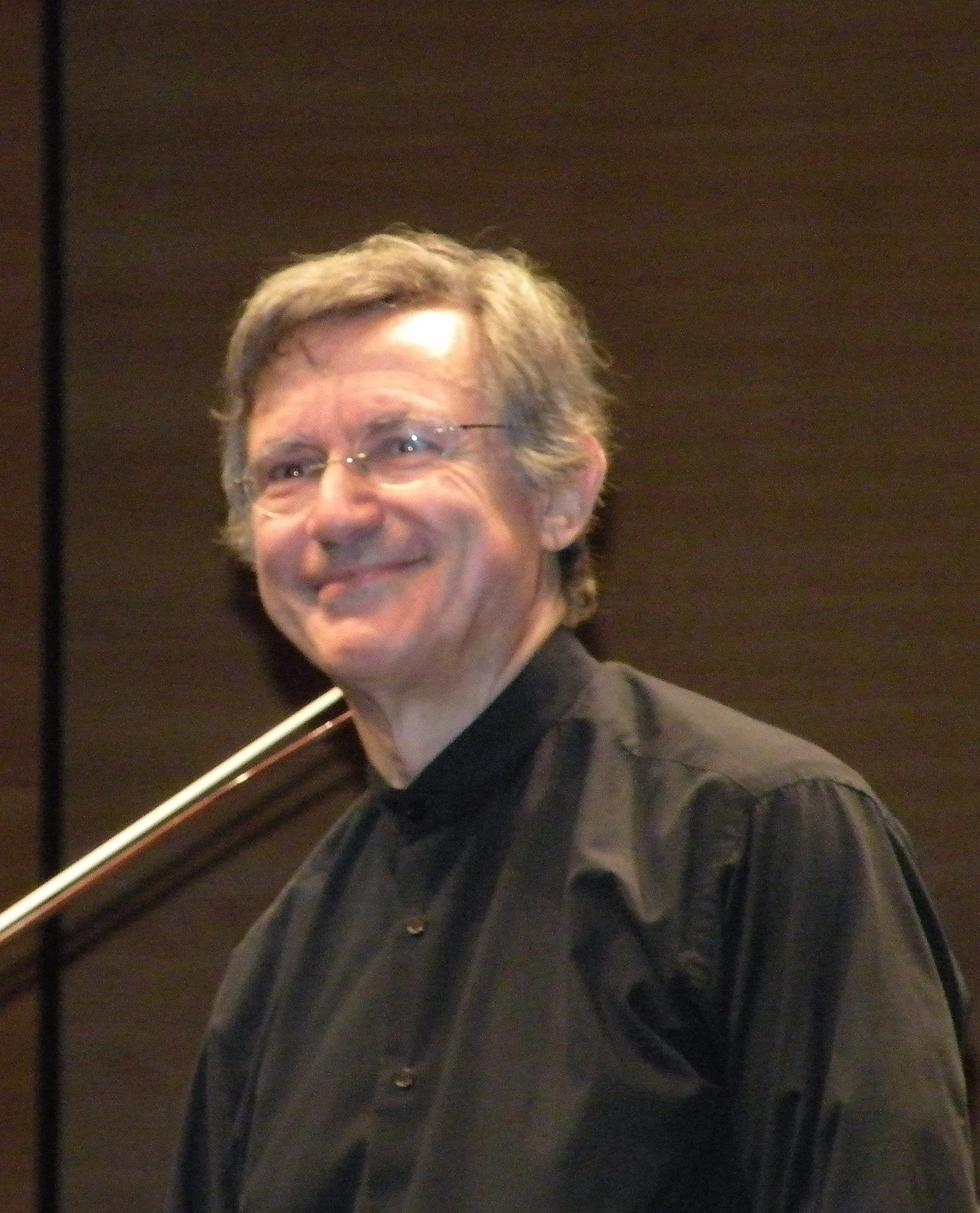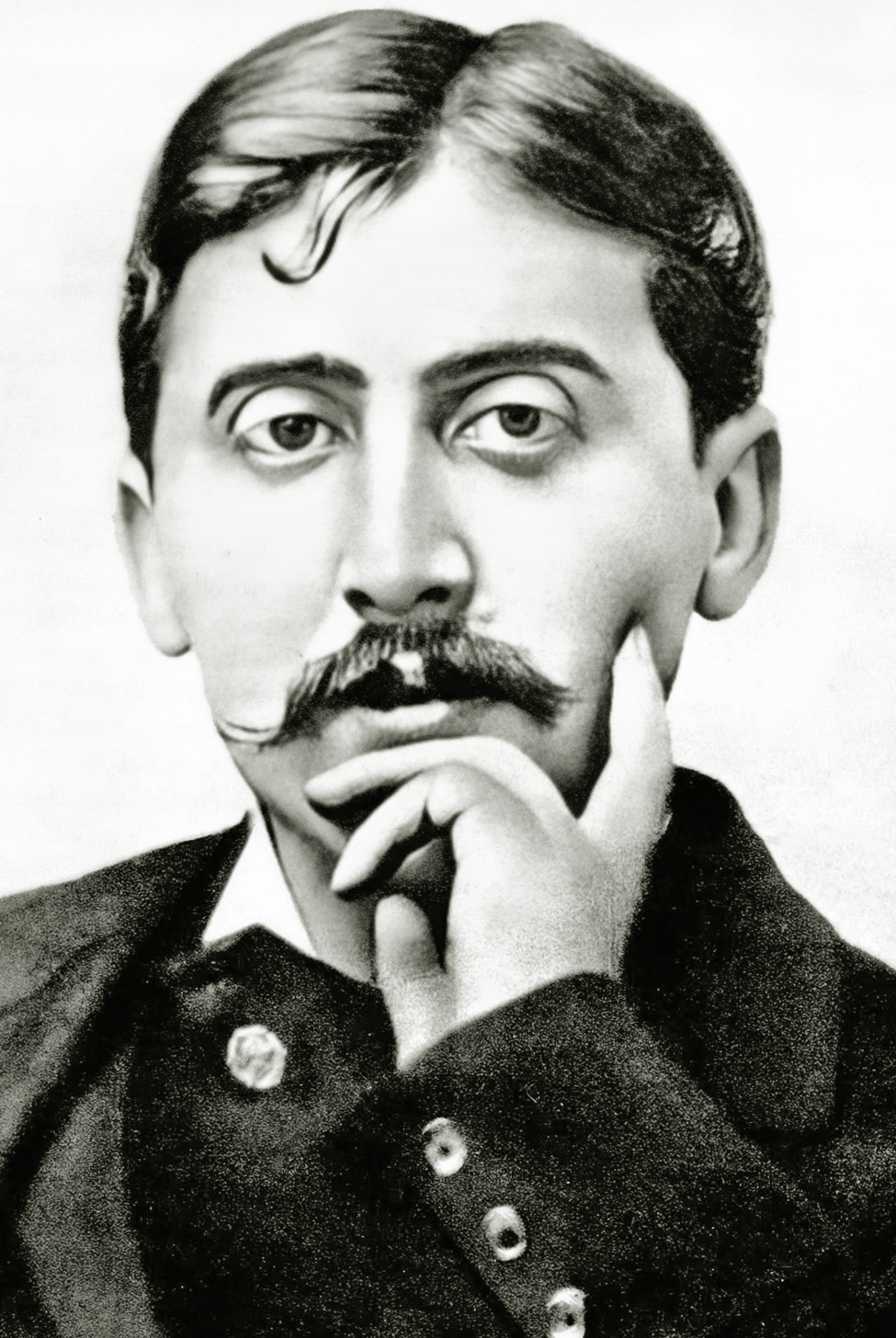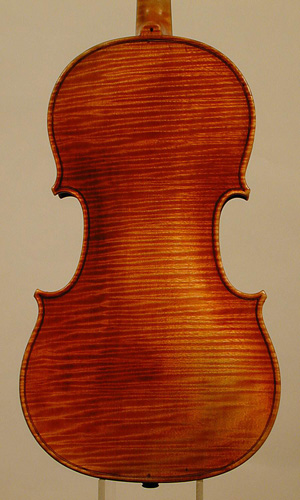|
Yuko Inoue
, is a Japanese classical violist. Biography She studied violin at Kunitachi College of Music in Tokyo. In 1978, she went to study with violist Nobuko Imai at the Royal Northern College of Music in Manchester, England. She was First Prize Winner at the 17th International Music Competition Budapest – Viola Competition. She is a member of the Fibonacci Sequence. Inoue has served as principal violist for several orchestras, and has given recital and chamber music performances with such artists as Gidon Kremer and Jean-Jacques Kantorow. She is a professor at the Royal Academy of Music and gives viola masterclasses throughout Europe and Japan. Yuko Inoue plays a viola by Jean-Baptiste Vuillaume dated 1852. Selected discography * Romanze: The Romantic Viola (2000), Black Box BBM1034 * Reynaldo Hahn: Chamber Music (2003), Hyperion CDA67391 – ''Soliloque et forlane'' for viola and piano (1937) * John Hawkins: Voices from the Sea (2003), Meridian CDE84496 – ''Gestures'' ... [...More Info...] [...Related Items...] OR: [Wikipedia] [Google] [Baidu] |
Shizuoka Prefecture
is a prefecture of Japan located in the Chūbu region of Honshu. Shizuoka Prefecture has a population of 3,637,998 and has a geographic area of . Shizuoka Prefecture borders Kanagawa Prefecture to the east, Yamanashi Prefecture to the northeast, Nagano Prefecture to the north, and Aichi Prefecture to the west. Shizuoka is the capital and Hamamatsu is the largest city in Shizuoka Prefecture, with other major cities including Fuji, Numazu, and Iwata. Shizuoka Prefecture is located on Japan's Pacific Ocean coast and features Suruga Bay formed by the Izu Peninsula, and Lake Hamana which is considered to be one of Japan's largest lakes. Mount Fuji, the tallest volcano in Japan and cultural icon of the country, is partially located in Shizuoka Prefecture on the border with Yamanashi Prefecture. Shizuoka Prefecture has a significant motoring heritage as the founding location of Honda, Suzuki, and Yamaha, and is home to the Fuji International Speedway. History S ... [...More Info...] [...Related Items...] OR: [Wikipedia] [Google] [Baidu] |
Jean-Jacques Kantorow
Jean-Jacques Kantorow (born 3 October 1945) is a French violinist and conductor. His son is the pianist Alexandre Kantorow. Biography Kantorow was born in Cannes, France, into a family of Russian-Jewish origin. From the age of 13 he studied at the Paris Conservatoire with René Benedetti, and in 1960 won the first violin prize. In the 1960s he won ten major international prizes, including first prizes in the Carl Flesch Competition (London), the (Genoa) Paganini Competition, and the Geneva International Competition. Since the 1970s he has been noted for his solo performances in a very wide range of repertoire (from Baroque music to contemporary), and as a chamber music performer. His recordings have won many awards, including the Grand Prix du Disque and the Grand Prix de l’Académie Franz Liszt. He held senior positions at the Strasbourg and Rotterdam conservatories and at the Conservatoire de Paris, until his retirement from conservatoire violin pedagogy. He continues ... [...More Info...] [...Related Items...] OR: [Wikipedia] [Google] [Baidu] |
Japanese Classical Violists
Japanese may refer to: * Something from or related to Japan, an island country in East Asia * Japanese language, spoken mainly in Japan * Japanese people, the ethnic group that identifies with Japan through ancestry or culture ** Japanese diaspora, Japanese emigrants and their descendants around the world * Japanese citizens, nationals of Japan under Japanese nationality law ** Foreign-born Japanese, naturalized citizens of Japan * Japanese writing system, consisting of kanji and kana * Japanese cuisine, the food and food culture of Japan See also * List of Japanese people * * Japonica (other) * Japonicum * Japonicus * Japanese studies Japanese studies ( Japanese: ) or Japan studies (sometimes Japanology in Europe), is a sub-field of area studies or East Asian studies involved in social sciences and humanities research on Japan. It incorporates fields such as the study of Japane ... {{disambiguation Language and nationality disambiguation pages ... [...More Info...] [...Related Items...] OR: [Wikipedia] [Google] [Baidu] |
Living People
Related categories * :Year of birth missing (living people) / :Year of birth unknown * :Date of birth missing (living people) / :Date of birth unknown * :Place of birth missing (living people) / :Place of birth unknown * :Year of death missing / :Year of death unknown * :Date of death missing / :Date of death unknown * :Place of death missing / :Place of death unknown * :Missing middle or first names See also * :Dead people * :Template:L, which generates this category or death years, and birth year and sort keys. : {{DEFAULTSORT:Living people 21st-century people People by status ... [...More Info...] [...Related Items...] OR: [Wikipedia] [Google] [Baidu] |
Year Of Birth Missing (living People)
A year or annus is the orbital period of a planetary body, for example, the Earth, moving in its orbit around the Sun. Due to the Earth's axial tilt, the course of a year sees the passing of the seasons, marked by change in weather, the hours of daylight, and, consequently, vegetation and soil fertility. In temperate and subpolar regions around the planet, four seasons are generally recognized: spring, summer, autumn and winter. In tropical and subtropical regions, several geographical sectors do not present defined seasons; but in the seasonal tropics, the annual wet and dry seasons are recognized and tracked. A calendar year is an approximation of the number of days of the Earth's orbital period, as counted in a given calendar. The Gregorian calendar, or modern calendar, presents its calendar year to be either a common year of 365 days or a leap year of 366 days, as do the Julian calendars. For the Gregorian calendar, the average length of the calendar yea ... [...More Info...] [...Related Items...] OR: [Wikipedia] [Google] [Baidu] |
Stephen Coombs
Stephen Coombs (born Birkenhead, July 11, 1960) is a British pianist who works with orchestras and conductors, as well as performing as a solo artist. (1) Earlier life Coombs first became prominent in music at the age of thirteen, when he won second prize in the English National Piano Competition. Coombs first studied under Joan Slade privately, then Heather Slade-Lipkin at first privately and then at the Royal Northern College of Music (under 19s section). Finally, he studied with Gordon Green at the Royal Academy of Music. Career Coombs' career was later launched by winning the gold medal at the Liszt International Concourse; a career that continued to develop throughout the 1980s, as Coombs appeared, both in Britain and abroad, with several major orchestras and, in 1989, began recording for Hyperion. In 1992, he began recording for the label's Romantic Piano Concerto series, after which he sporadically recorded further records, all for Hyperion. He has been Director of Music at ... [...More Info...] [...Related Items...] OR: [Wikipedia] [Google] [Baidu] |
Benjamin Dale
Benjamin James Dale (17 July 188530 July 1943) was an English composer and academic who had a long association with the Royal Academy of Music. Dale showed compositional talent from an early age and went on to write a small but notable corpus of works. His best-known composition is probably the large-scale Piano Sonata in D minor he started while still a student at the Royal Academy of Music, which communicates in a potent late romantic style. Christopher Foreman has proposed a comprehensive reassessment of Benjamin Dale's music.Foreman, Christopher (2011).Benjamin Dale—A reassessment, Parts 1 & 2 MusicWeb International. Retrieved 2011-07-07.Foreman, Christopher (2011) MusicWeb International. Retrieved 2011-07-07. Dale married one of his students, the pianist and composer Kathleen Richards in 1921. Biography Early life and education Benjamin Dale was born in Upper Holloway, Islington, London, to Charles James Dale, a pottery manufacturer from Staffordshire, and his wife, Fran ... [...More Info...] [...Related Items...] OR: [Wikipedia] [Google] [Baidu] |
Chilingirian Quartet
The Chilingirian Quartet is a British string quartet. It gave its first public concert in Cambridge in 1972. By the time the quartet celebrated its 50th anniversary in 2022, there had been various changes in the line-up. However, it has continued to be led by Levon Chilingirian. History Founded in 1971 in London, it became a resident quartet of the University of Liverpool (1973–1976) after taking lessons with Siegmund Nissel from the Amadeus Quartet. In 1976 they won the International Competition for Young Concert Artists and became resident quartet of the Royal College of Music of London. Festival appearances The quartet had a long-term association with the Lake District Summer Music Festival from its inception in 1985. They were also involved with the Scottish chamber music festival "Mendelssohn on Mull" of which Levon Chilingirian was artistic director from 2003 to 20016. Members * Levon Chilingirian* first violin * Mark Butler, Ronald Birks (2009–2020), second ... [...More Info...] [...Related Items...] OR: [Wikipedia] [Google] [Baidu] |
Reynaldo Hahn
Reynaldo Hahn (; 9 August 1874 – 28 January 1947) was a Venezuelan-born French composer, conductor, music critic, and singer. He is best known for his songs – ''mélodies'' – of which he wrote more than 100. Hahn was born in Caracas but his family moved to Paris when he was a child, and he lived most of his life there. Following the success of his song "''Si mes vers avaient des ailes''" (If my verses had wings), written when he was aged 14, he became a prominent member of ''fin de siècle'' French society. Among his closest friends were Sarah Bernhardt and Marcel Proust. After the First World War, in which he served in the army, Hahn adapted to new musical and theatrical trends and enjoyed successes with his first opérette, ''Ciboulette'' (1923) and a collaboration with Sacha Guitry, the musical comedy ''Mozart (comédie musicale), Mozart'' (1926). During the Second World War Hahn, who was of Jewish descent, took refuge in Monaco, returning to Paris in 1945 where he w ... [...More Info...] [...Related Items...] OR: [Wikipedia] [Google] [Baidu] |
Jean-Baptiste Vuillaume
Jean-Baptiste Vuillaume (7 October 1798 – 19 March 1875) was a French luthier, businessman, inventor and winner of many awards. His workshop made over 3,000 instruments. Early life Vuillaume was born in Mirecourt, where his father and grandfather were luthiers. Career Vuillaume moved to Paris in 1818 to work for François Chanot. In 1821, he joined the workshop of Simon Lété, François-Louis Pique's son-in-law, at Rue Pavée St. Sauveur. He became his partner and in 1825 settled in the Rue Croix-des-Petits-Champs under the name of "Lété et Vuillaume". His first labels are dated 1823. In 1827, at the height of the Neo-Gothic period, he started to make imitations of old instruments, some copies were undetectable. In 1827, he won a silver medal at the Paris Universal Exhibition, and in 1828, he started his own business at 46 Rue Croix des Petits-Champs. His workshop became the most important in Paris and within twenty years, it led Europe. A major factor in his succe ... [...More Info...] [...Related Items...] OR: [Wikipedia] [Google] [Baidu] |
Royal Academy Of Music
The Royal Academy of Music (RAM) in London, England, is the oldest conservatoire in the UK, founded in 1822 by John Fane and Nicolas-Charles Bochsa. It received its royal charter in 1830 from King George IV with the support of the first Duke of Wellington. Famous academy alumni include Sir Simon Rattle, Sir Harrison Birtwistle, Sir Elton John and Annie Lennox. The academy provides undergraduate and postgraduate training across instrumental performance, composition, jazz, musical theatre and opera, and recruits musicians from around the world, with a student community representing more than 50 nationalities. It is committed to lifelong learning, from Junior Academy, which trains musicians up to the age of 18, through Open Academy community music projects, to performances and educational events for all ages. The academy's museum houses one of the world's most significant collections of musical instruments and artefacts, including stringed instruments by Stradivari, Gu ... [...More Info...] [...Related Items...] OR: [Wikipedia] [Google] [Baidu] |
Gidon Kremer
Gidon Kremer ( lv, Gidons Krēmers; born 27 February 1947) is a Latvian classical violinist, artistic director, and founder of Kremerata Baltica. Life and career Gidon Kremer was born in Riga. His father was Jewish and had survived the Holocaust. His mother had German-Swedish origins. His grandfather Karl Brückner was a well-known musicologist and violinist in Riga. He began playing the violin at the age of four, receiving instruction from his father and his grandfather, who were both professional violinists. He went on to study at the Riga School of Music, where his teacher was mainly Voldemar Sturestep (Voldemārs Stūresteps). From 1965, Kremer studied with David Oistrakh at the Moscow Conservatory. In 1967, he won third prize at the Queen Elisabeth Music Competition in Brussels. In 1969, he won second prize at the Montreal International Violin Competition (shared with Oleh Krysa), followed by first prize at the Paganini Competition in Genoa, and finally first prize ... [...More Info...] [...Related Items...] OR: [Wikipedia] [Google] [Baidu] |





